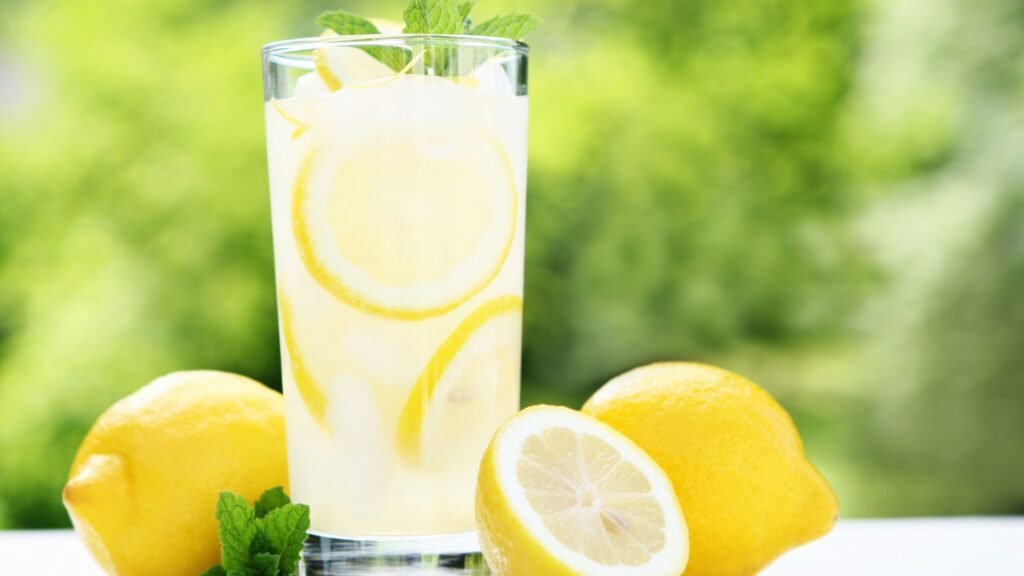Enhance your Lifestyle with The Nutritious Almond Butter!
It’s been more than a year and a half since we’ve all been locked inside the four walls. Exercise outside and going to the gym seems like a faraway dream these days. Because of the lockdown, you can do simple exercises by yourself since walking and riding a bike are also hard to do. Since we don’t have much time or space to exercise, it’s time to change our diet for our health. It’s time to get healthy by cutting back on sugar, fat, and carbs and drinking lots and lots of water. And we can easily do this by making a few changes to how we eat daily. Still not sure how to switch to a healthy diet that doesn’t just consist of salads and protein shakes? Don’t worry, because we’ve got everything you need here. Today, we’re going to look at why almond butter is better than peanut butter and milk butter and how it makes you healthier. Almond butter is much better than peanut butter and milk butter because it has many more vitamins, fibre, and minerals. Peanut and milk butter have a lot more fat, calories, and sugar than other kinds of butter. But when it comes to protein, almond butter isn’t quite as good as peanut butter. So, it’s a great way to get all the essential nutrients into your diet every day. Let’s talk about what Almond Better is and what it does. People often eat peanut butter and jelly, but do you want to try an almond butter sandwich? Almond butter is made from roasted almonds. First, the almonds sit in water overnight. Then they are dried and browned in an oven. When it’s done, you can take them out and shake them in cheesecloth and get rid of any husks. Then they go into a fast-moving blender, which is where the magic happens. The solid, hard almonds magically turn into a smooth, semi-liquid almond butter that tastes great. People who are allergic to peanuts can also eat this instead. Almonds are a very healthy snack, and people have been eating them since the time of Jesus. In places like Portugal, Spain, and the United States, almond trees grow. Almonds can only be grown in the state of California. It makes a great snack and butter, but you can also use it to dress salads and vegetables or dip them. Almond butter is good for your health in a number of ways. It keeps your blood sugar under control. Almond butter keeps your blood sugar in check after you’ve been on a diet. It keeps track of how much insulin is in the blood. The Office of Dietary Supplements says that one tablespoon of almond butter has 45 mg of magnesium, which is 11% of the total magnesium that men need and 14% of the total magnesium that women need. On the other hand, there is only 26 mg of Mg in one tablespoon of peanut butter. This magnesium does more than make your bones stronger; it also makes your body more sensitive to insulin. This makes it much less likely that you will get diabetes. Fixes cells in the body Almond butter has a lot of Vitamin E, which helps keep cells from breaking down. It stops oxidative damage from happening to the cells. It has natural antioxidants that lower the risk of diabetes, obesity, and cancer, among other chronic diseases. Almond butter not only has vitamin E, but it also has flavonoids and polyphenols, which are also antioxidants. Keeping your heart healthy A lot of the fats in almond butter are monounsaturated fats. Monounsaturated fats help lower LDL cholesterol and raise HDL cholesterol, which is good. Almond butter is so good for your heart. It has a lot of Omega-3 fatty acids, which keep the heart beating in regular rhythms and stop them from getting out of sync. Vitamin E makes sure that your arteries don’t get clogged up with fat and that your blood flows freely. L-arginine makes the walls of the arteries better. Helps keep the brain healthy Almond butter is full of fibre and folate, and the Journal of Nutrition and Aging says it also has a number of other nutrients that are very important for brain health. It has a lot of Vitamin E, which is known all over the world as a good way to keep your brain from getting older. Omega-3 fatty acids in almond butter are an influential antioxidant and decrease inflammation in the brain. It is also a great source of vitamin B6 (Pyridoxine), which helps make neurotransmitters. Zinc is another very important element that is found in almond butter. It is the best immune system booster and stops bacterial or viral infections that could harm brain cells. Skin and hair-friendly Almond butter is not only good for your body from the inside, but it is also good for your hair and skin. Almond butter has iron, potassium, iron, Omega-3, zinc, biotin, vitamin E, and magnesium which is best for your hair. When you massage the butter into your scalp, it will go deep into the skin and strengthen the roots. It also helps the hair follicles grow back and is a good way to prevent grey hair. Almond butter is full of zinc and vitamin E, so it keeps your skin from getting wrinkles and keeps you looking young. If you want to eat healthier and change your eating habits, switching from peanut butter to almond butter is a great place to start. The price is reasonable, and it’s easy to make at home. Almond butter that is made at home has more nutrients than almond butter that is bought in a store because store-bought almond butter uses many chemicals to make it taste better. So, why don’t you just do it? Get some almonds and put them in a blender. You’ll have homemade almond butter right away that’s delicious for you. It’s worth the time and money.








